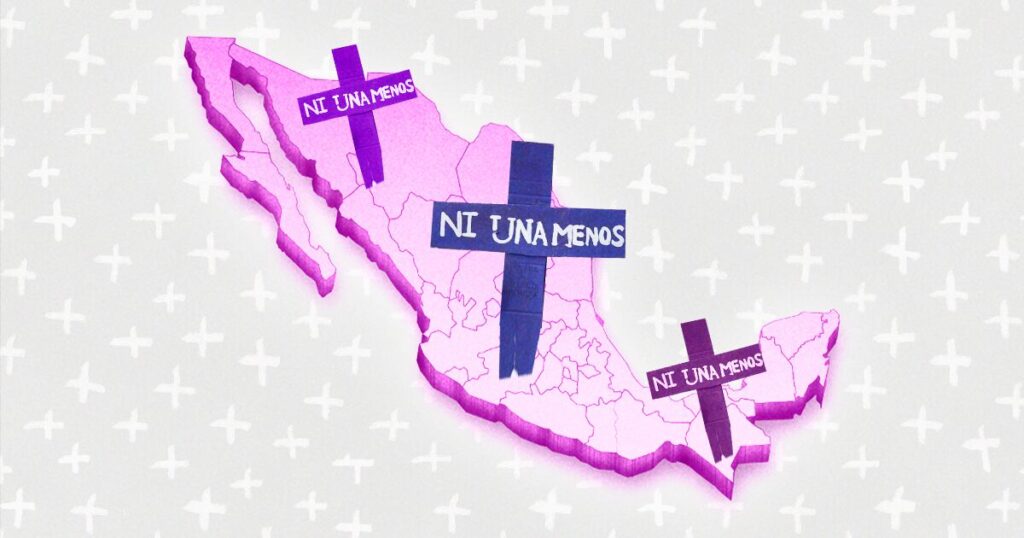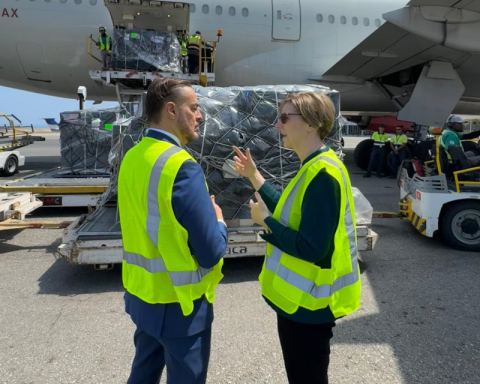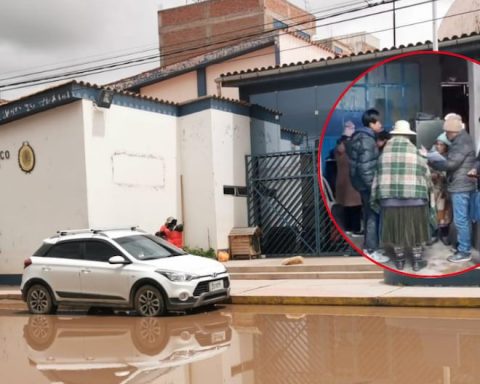Poultry farms, production of vegetable plots, tubers, sewing workshops, handicrafts and the establishment of bakeries, are some of the ventures that have been developed by more than 6,000 families in the last two years as part of a strategy carried out by the Ministry of Social Development (Mides), through Family Networks, a program developed to attack poverty and inequality in vulnerable regions of the country.
A management report from the Directorate of Investment for the Development of Social Capital shows that more than half of the benefit groups (3,934 families) belong to the Conditional Monetary Transfer Programs (PTMC).
Most of the beneficiaries were concentrated in four projects such as: agriculture with more than 5,000 beneficiaries, followed by the dressmaking sector (58), while in the bakery sector (57), handicrafts and making jigsaw puzzles (49) and the The list is completed by beauty businesses with 32 favored. The rest is distributed in other undertakings.
The Family Networks is a proposal for sustainable development that is built from the integration of the resources of the government, civil society and private enterprise.
The Minister of Social Development, María Inés Castillo, said that these projects are developed in 10 provinces and four regions of the country, serving 44 districts and 115 townships, of which 105 are part of the focus of the Beehive Plan.
She stated that through these projects they empower rural women and motivate them to venture into the development of profitable and productive enterprises that give them economic freedom and allow them to generate income for their families.
He added that the programs are aligned with the Sustainable Development Goals (SDGs), specifically with SDGs #1 and #2, which seek to put an end to hunger and poverty. In this sense, he highlighted that the ventures create opportunities in regions where economic development has not reached.
“These enterprises represent for many women and families, the first source of stable income. In addition, this monetary benefit is considered as its own and, in this sense, it consolidates its position in the decision-making processes of the home and a better quality of life”, the minister stated.
The ventures are carried out in districts such as Las Huacas, Natá district, Coclé province, which has a multidimensional poverty index of 88.3%, according to the MPI-C, prepared by the Technical Secretariat of the Mides Social Cabinet.
In this region, products such as rice, corn, onions, peppers, banana plants, carrots, cabbage, beans and other basic items are being harvested.
For her part, Cecilia Rodríguez, a 54-year-old beneficiary of Red de Oportunidades, has developed successful ventures on her half-hectare plot located in her residence in the community of Las Huacas. In 5 thousand meters she has managed to produce organic rice, onions, banana plants, carrots and tomatoes.
With the results that Cecilia and her colleagues have obtained, they are installing tilapia tubs, expanding development opportunities, in order to improve their quality of life.










